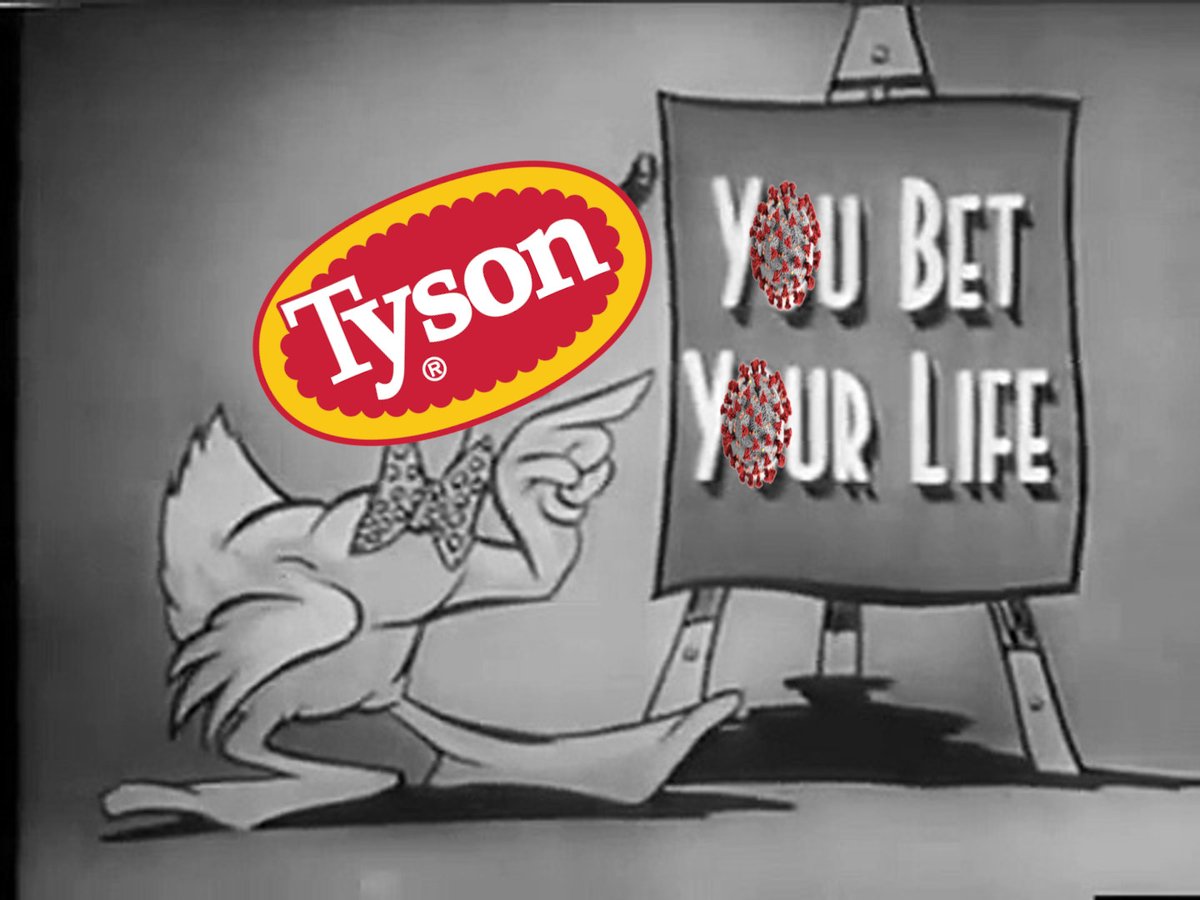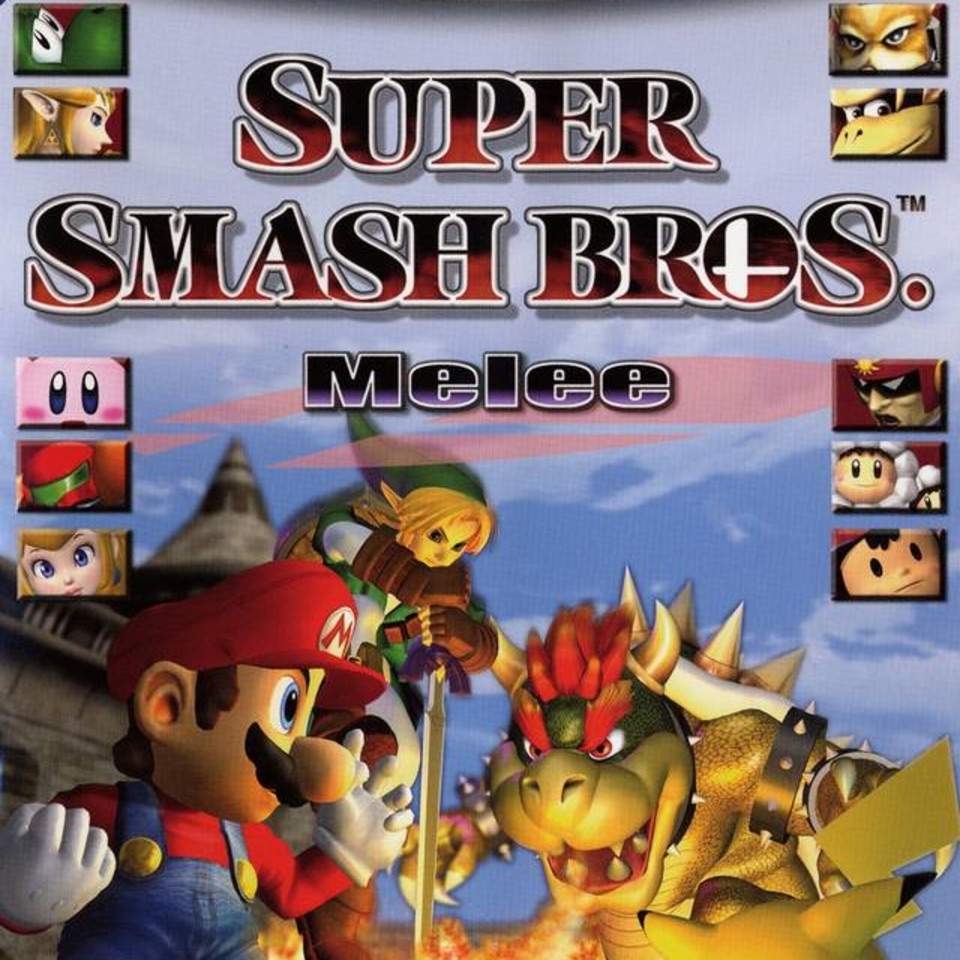
Today's Twitter threads (a Twitter thread).
Inside: Cyberpunk and Post-Cyberpunk; Disney stiffs writer; Tyson execs bet on covid spread in unsafe plant; and more!
Archived at: pluralistic.net/2020/11/19/dis…
#Pluralistic
1/
Inside: Cyberpunk and Post-Cyberpunk; Disney stiffs writer; Tyson execs bet on covid spread in unsafe plant; and more!
Archived at: pluralistic.net/2020/11/19/dis…
#Pluralistic
1/

Cyberpunk and Post-Cyberpunk: Bruce Sterling and Christopher Brown on the Attack Surface Lectures.
2/
https://twitter.com/doctorow/status/1329420219484237825
2/

Disney stiffs writer: Sure, what's new, but this is next-level fuckery #DisneyMustPay.
3/
https://twitter.com/doctorow/status/1329240238816858120
3/

Tyson execs bet on covid spread in unsafe plant: Upton Sinclair was an optimist.
4/
https://twitter.com/doctorow/status/1329447489431359494
4/

#10yrsago TSA confiscates heavily-armed soldiers’ nail-clippers redstate.com/erick/2010/11/…
#5yrsago Manhattan DA calls for backdoors in all mobile operating systems web.archive.org/web/2015112000…
5/
#5yrsago Manhattan DA calls for backdoors in all mobile operating systems web.archive.org/web/2015112000…
5/

#1yrago Coop’s tribute to Randotti Skulls, from the golden age of Haunted Mansion merchandise memex.craphound.com/2019/11/18/coo…
6/
6/

Yesterday's threads: Race, surveillance and tech; The Mounties lied about social surveillance; Telehealth chickenizes docs; Canada's GDPR; and more!
7/
https://twitter.com/doctorow/status/1329102509084839936
7/

My latest novel is Attack Surface, a sequel to my bestselling Little Brother books. @washingtonpost called it "a political cyberthriller, vigorous, bold and savvy about the limits of revolution and resistance."
Get signed books from @darkdel: darkdel.com/store/p1840/Av…
8/
Get signed books from @darkdel: darkdel.com/store/p1840/Av…
8/
I have a (free) new book out! "How to Destroy Surveillance Capitalism" is an anti-monopolist critique of Big Tech that connects the rise of conspiratorial thinking to the rise of tech monopolies and proposes a way to deal with both:
onezero.medium.com/how-to-destroy…
9/
onezero.medium.com/how-to-destroy…
9/
My ebooks and audiobooks (from @torbooks, @HoZ_Books, @mcsweeneys, and others) are for sale all over the net, but I sell 'em too, and when you buy 'em from me, I earn twice as much and you get books with no DRM and no license "agreements."
craphound.com/shop/
10/
craphound.com/shop/
10/

Upcoming appearances:
* Keynote, Cybersummit 2020, Nov 26 cybera.ca/cyber-summit-2…
* Keynote, Cologne Futures, Nov 27, details TBD
* Beaverbrook Lecture: How to Destroy Surveillance Capitalism, Nov 30, mcgill.ca/maxbellschool/…
11/
* Keynote, Cybersummit 2020, Nov 26 cybera.ca/cyber-summit-2…
* Keynote, Cologne Futures, Nov 27, details TBD
* Beaverbrook Lecture: How to Destroy Surveillance Capitalism, Nov 30, mcgill.ca/maxbellschool/…
11/
Recent appearances:
* Talkingheadz Podcast:
talkingpointz.com/talkingheadz-w…
* Can Web 3 Help Democracy?
* Fully Charged: The future of energy over the next 300 years
fullycharged.show/podcasts/podca…
12/
* Talkingheadz Podcast:
talkingpointz.com/talkingheadz-w…
* Can Web 3 Help Democracy?
* Fully Charged: The future of energy over the next 300 years
fullycharged.show/podcasts/podca…
12/

My first picture book is out! It's called Poesy the Monster Slayer and it's an epic tale of bedtime-refusal, toy-hacking and monster-hunting, illustrated by Matt Rockefeller. It's the monster book I dreamt of reading to my own daughter.
pluralistic.net/2020/07/14/poe…
13/
pluralistic.net/2020/07/14/poe…
13/

You can also follow these posts as a daily blog at pluralistic.net: no ads, trackers, or data-collection!
Here's today's edition: pluralistic.net/2020/11/19/dis…
14/
Here's today's edition: pluralistic.net/2020/11/19/dis…
14/
If you prefer a newsletter, subscribe to the plura-list, which is also ad- and tracker-free, and is utterly unadorned save a single daily emoji. Today's is "🧛🏼♀️". Suggestions solicited for future emojis!
Subscribe here: pluralistic.net/plura-list
15/
Subscribe here: pluralistic.net/plura-list
15/
Are you trying to wean yourself off Big Tech? Follow these threads on the #fediverse at @pluralistic@mamot.fr.
Here's today's edition: mamot.fr/@pluralistic/1…
16/
Here's today's edition: mamot.fr/@pluralistic/1…
16/
• • •
Missing some Tweet in this thread? You can try to
force a refresh










